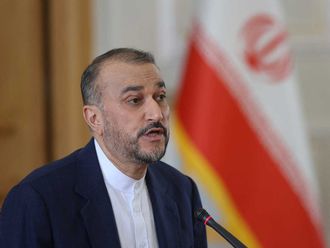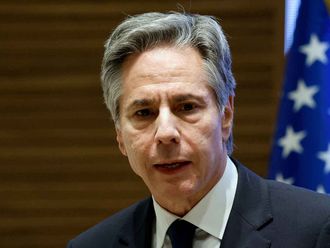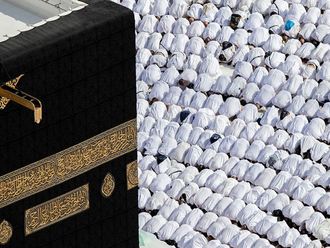Cairo: Scores of Egyptian civil servants, linked to the outlawed Muslim Brotherhood, can lose their jobs after they have been put on terrorism lists.
The Central Agency for Organisation and Administration (CAOA), a state administrative watchdog, has said it will set up a data base naming civil servants recently placed on terrorism lists before taking measures to expel them.
“This move comes within the framework of the consequences of having these employees placed on terrorism lists in compliance with the civil service law,” the watchdog said in a statement.
The law stipulates that such designated people are disqualified to hold public and parliamentary posts.
“The agency applies the law and is revising the names of the designated civil servants as a prelude to dismiss them,” CAOA head Mohammad Jamil said. He told private newspaper Al Watan on Thursday that the names will be compiled and announced in the “next weeks”.
The procedures include referring the designated employees to the administrative prosecution that will refer them to the disciplinary court that has the jurisdiction to order their dismissal.
The number of listed civil servants is not clear yet. Some media reports have estimated them at tens.
Those designated as terrorists are barred from travelling, put on a watch list and their assets are frozen. They are also denied the right to renew their passports for three years.
The move comes after Egypt’s Official Gazette published this week that a total of 352 figures, including Brotherhood leaders, have been put on terrorism lists by court orders for involvement in acts targeting state institutions and harming national interests.
The court decisions can be appealed within 60 days.
They include Mahmoud Ezzat, the group’s acting supreme guide believed to be living in Turkey, and Ola, the jailed daughter of Yousuf Al Qaradawi, the spiritual leader of the Brotherhood staying in Qatar.
Al Qaradawi himself was among dozens of figures and groups placed in June on terrorism lists by four Arab countries engaged in a row with Qatar.
Egypt, the United Arab Emirates, Saudi Arabia and Bahrain have severed all links with Qatar for its support to terrorism.
The Brotherhood is banned in Egypt, the UAE and Saudi Arabia.
Egyptian authorities have blamed the Islamist group for a string of deadly attacks that have hit the country since the army’s 2013 toppling of Islamist president Mohammad Mursi following enormous street protests against his rule.
In January, Egypt put nearly 1,500 Brotherhood members and followers on terror lists. They included Mursi, who has been convicted in several cases.












